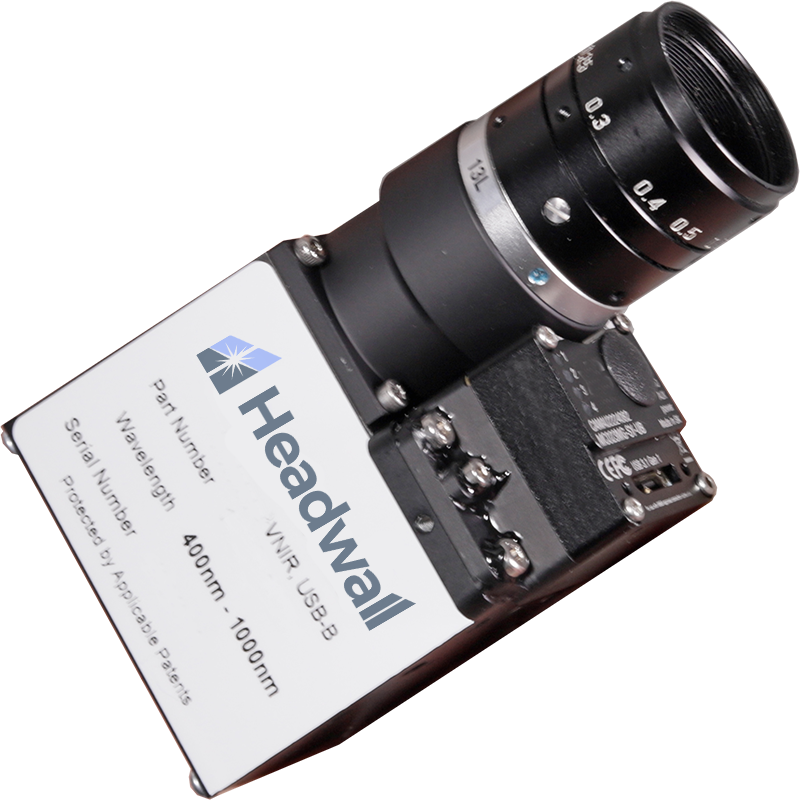An Effective Tool
Digital cameras have replaced film and analog video as part of a researcher’s toolbox. Headwall’s intuitive hyperspectral scanning systems replace disparate components with complex software.
Academic and industrial researchers benefit from Headwall scanning systems that incorporate the latest in easy-to-use software by Headwall and perClass, and flexible yet properly configured and tested hyperspectral imaging hardware. Choose from systems that operate from the VNIR to SWIR and come with optimized lenses and lighting.
The latest Headwall scanning systems are designed to be portable, so that you can take them to the places where your specimens are. The perClass Mira Scanning Stage comes with a hard case with wheels and folding handles, designed to be brought aboard flights as checked-in or even carry-on luggage. Once set up, they can be operated as benchtop systems by domain-expert researchers or even technicians trained to simply gather data. You don’t have to be a spectroscopist to benefit from hyperspectral technology.




